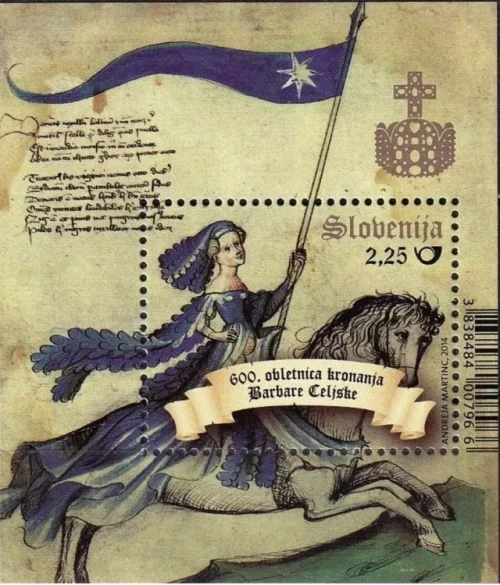Isaac Newton (1642–1727) was an English mathematician, physicist, astronomer, alchemist, and author, widely recognized as one of the most influential scientists of all time. His work laid the foundation for classical mechanics and profoundly impacted the fields of mathematics and optics. Here’s a summary of his life and major contributions:
Early Life
- Born: January 4, 1643 (December 25, 1642, Julian calendar) in Woolsthorpe, Lincolnshire, England.
- Education: Attended Trinity College, Cambridge, where he studied classical texts but developed a strong interest in mathematics and natural philosophy.
Major Contributions
1. Physics: Laws of Motion and Universal Gravitation
- Published his groundbreaking work, “Philosophiæ Naturalis Principia Mathematica” (Principia) in 1687.
- Formulated the Three Laws of Motion, which describe the relationship between a body and the forces acting upon it.
- Developed the theory of Universal Gravitation, explaining the motion of planets, moons, and falling objects.
2. Mathematics: Development of Calculus
- Independently co-developed calculus, a mathematical method for analyzing change, although disputes with German mathematician Gottfried Wilhelm Leibniz over its invention lasted for years.
- Introduced concepts of limits, derivatives, and integrals, which underpin modern mathematics.
3. Optics
- Demonstrated that white light is composed of a spectrum of colors using prisms.
- Built the first reflecting telescope in 1668, improving astronomical observations.
4. Alchemy and Theology
- Studied alchemy extensively, although much of this work remained unpublished during his lifetime.
- Deeply religious, he wrote on biblical interpretation and the nature of God, although his views diverged from orthodox Christian beliefs.
5. Leadership in Science
- Served as the President of the Royal Society from 1703 until his death.
- Appointed Master of the Royal Mint in 1696, where he reformed England’s currency system.
Legacy
- Newton’s work dominated the scientific worldview until the advent of quantum mechanics and relativity in the 20th century.
- He is often credited with uniting heaven and earth under the same set of natural laws, transforming the way we understand the universe.












